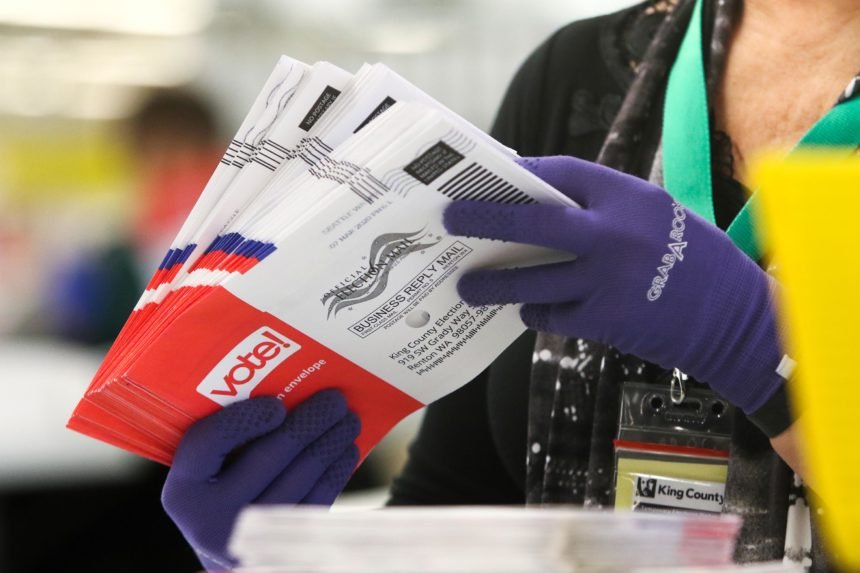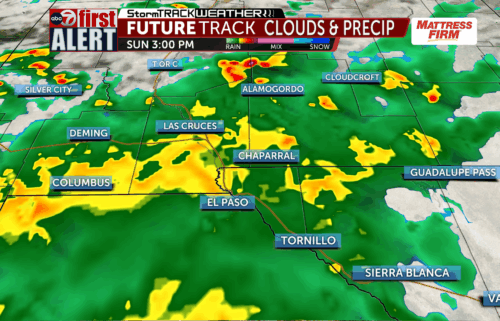U.S. Supreme Court turns down request to allow all Texans to vote by mail ballot

WASHINGTON, DC -- The U.S. Supreme Court on Friday afternoon denied a request from Texas Democrats to expand access to vote-by-mail in the state amid the coronavirus pandemic.
The court's order is the latest move in an ongoing battle between the state's Democrats and state Attorney General Ken Paxton, a Republican, over voting during the pandemic.
In a statement praising the decision, Paxton did not mention the coronavirus pandemic and instead focused on voter fraud.
"I applaud the Supreme Court for following the law and refusing to order mail-in balloting that the Texas Legislature has forbidden. Universal mail-in ballots, which are notoriously vulnerable to fraud, would only lead to greater election fraud and disenfranchise lawful voters," Paxton said. "State election officials have many options available to safely and securely hold elections without risking widespread fraud. My office will continue to fight for safe, free and fair elections."
Democrats argued that people shouldn't have to choose between their right to vote and their health. Paxton has remained steadfast that expanding access to vote-by-mail could lead to voter fraud.
State regulations allow vote by mail to those who are 65 and older, voters who have a sickness or physical condition from appearing at the polls, and others who are absent from the county.
Texas Democrats and Democratic voters under age 65 brought the case and argued that the law discriminates against younger voters afraid of going to the polling place because of the pandemic.
"There are millions of voters in Texas under the age of sixty-five who would be eligible to obtain a no-excuse vote-by-mail ballot," their lawyers told the justices in court papers.
They noted that because of the global pandemic "which grows worse by the day in Texas" some voters won't be able to vote "without risk to their health and -- without hyperbole -- to their lives."
Texas reported nearly 6,000 new Covid-19 cases on Thursday, the highest single day increase since the pandemic began, and Gov. Greg Abbott, a Republican, issued a new executive order Friday in an effort to contain the spread.
The Democrats argued that the rights of voters under the 26th Amendment were being violated.
The court rejected the petition with no noted dissents.
Justice Sonia Sotomayor wrote separately to say she agreed with the court's decision at this stage in the case, but that she thought the challengers' "weighty but seemingly novel" questions in the case touching upon the 26th Amendment should be considered in the lower courts "well in advance" of the November election.
In May, a district court held that in light of the pandemic, all voters in Texas could take part in no-excuse vote by mail. The judge issued a preliminary injunction blocking the provision. But then on June 4, a federal appeals court blocked that ruling, pending appeal.
Though a majority of Americans support voting by mail as a socially distanced solution for elections this fall, President Donald Trump has doubled down on his penchant for making false claims about voter fraud in the US. Multiple studies have confirmed that there is no widespread voter fraud in this country, and millions of Americans vote-by-mail each year without systemic problems.
Texans head back to the polls on July 14 for the primary runoff election. The last day to apply for a mail-in ballot is July 2.
Back in April, the Supreme Court split 5-4 declined to extend Wisconsin's absentee voting deadlines because of Covid. Justice Ruth Bader Ginsburg wrote in dissent that the decision "boggles the mind."




